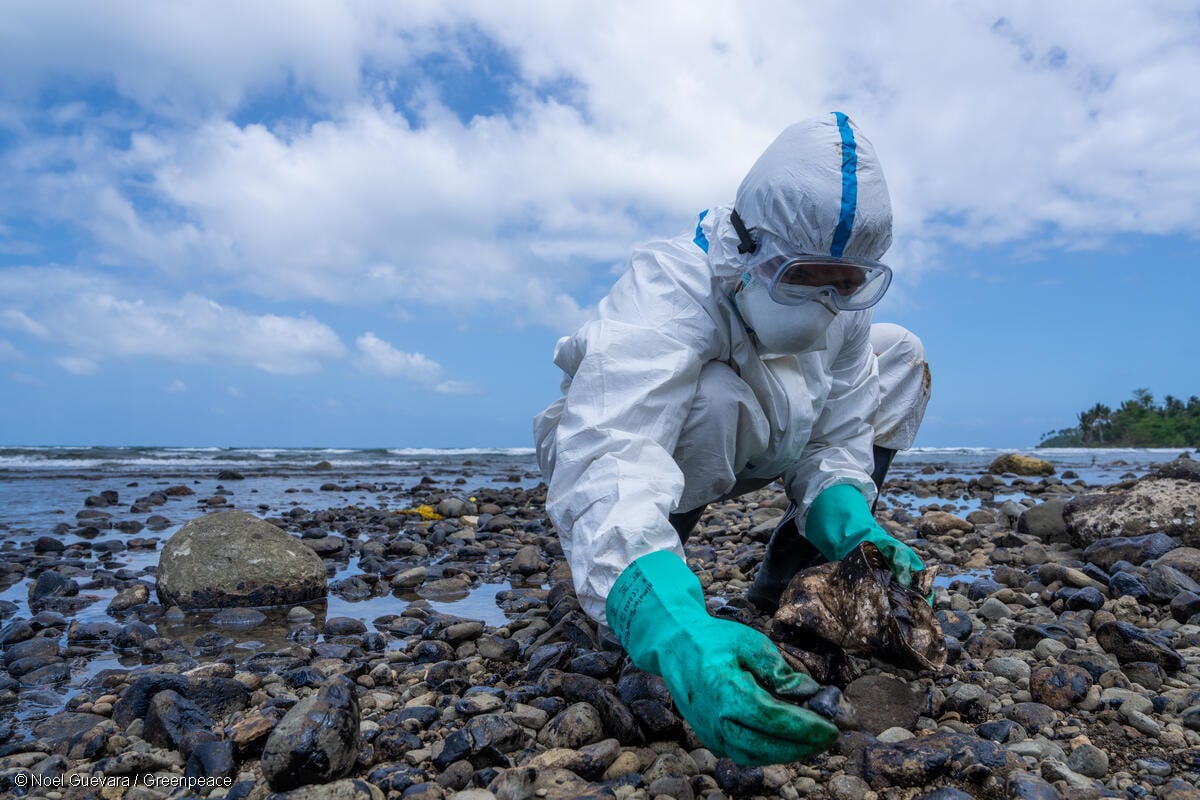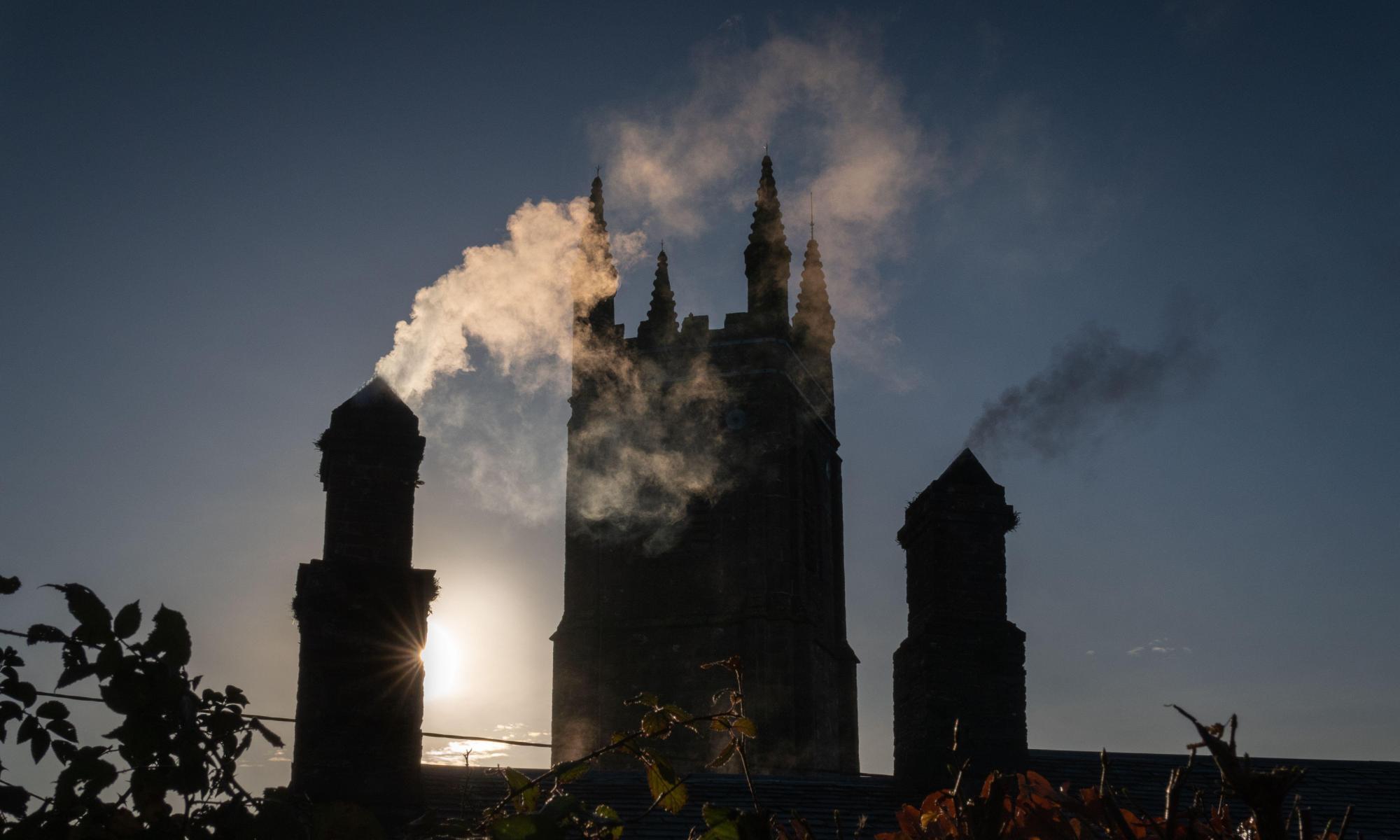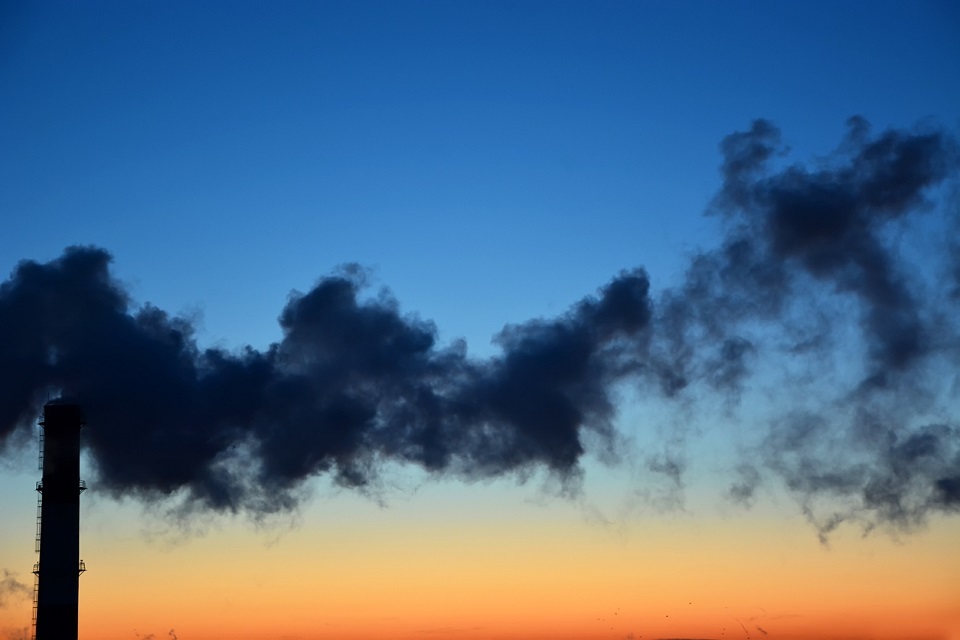I fear that the global plastics treaty is unlikely to “stem the tide” of waste, as your editorial (8 March) suggests. Without a universal levy, if not an outright ban, on the manufacture and use of single-use plastics, little will change – the profits are too big. The global plastics industry makes billions and has done so for decades. Using the “polluter pays” principle, it is clear where responsibility for the clean-up is located.
Unfortunately, as with many of our planetary problems, this treaty is an attempt to tackle the effects of lucrative bad practice without holding the polluters to account. No wonder Greta Thunberg talks about “blah, blah, blah”.
Edward Milner
Associate professor, Sustainability Research Institute, University of East London
• You report research showing how resourceful marine creatures are using discarded items for shelter or to lay eggs, highlighting “extreme ability to adapt” as if this were an entirely positive result (Bottles, cans, batteries: octopuses found using litter on seabed, 8 March).
In the book Street Wisdom: Connecting with God in Everyday Life, the Benedictine monk and teacher Fr Albert Holtz tells the cautionary allegorical tale of how a discarded bottle on the ocean floor offers an irresistible temptation for a baby crab, which glides easily through the bottle’s mouth to discover an enclosed world that provides everything it needs: plenty of organic debris, shelter from strong currents and, above all, protection from its many predators.
Delighted, it makes itself at home and begins to thrive. After some weeks, when instinct tells it that the time has come to migrate, it crawls confidently to the opening, expecting to swim back the way it came in. That’s when it discovers the ghastly price of that security: it has grown too big and its shelter will be its coffin.
Roger Munday
Blackshaw Head, West Yorkshire
• Have an opinion on anything you’ve read in the Guardian today? Please email us your letter and it will be considered for publication.


